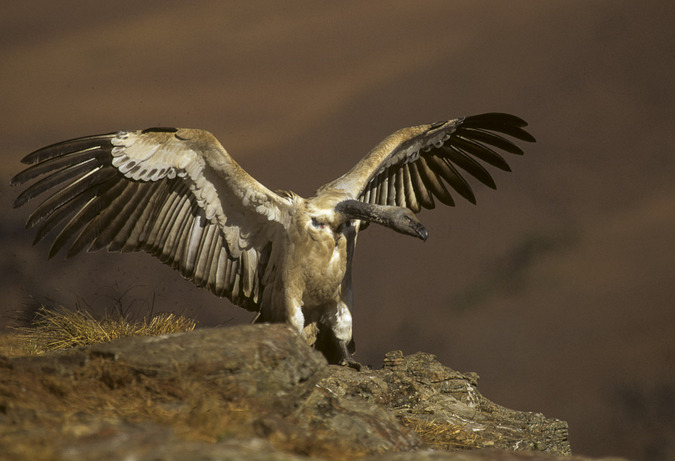
With the lion’s share of international hype seized by flagship species, lesser-known endangered animals seem to succumb to the shadows. Naturally, attention is drawn to more charismatic species and national icons. And while every effort is needed now more than ever to save our rhinos, elephants, and big cats, it is equally important not to forget the little guys.
These five species are among Africa’s most endangered, yet many people don’t even know they exist.
Riverine rabbit (Bunolagus monticularis)
Status: Critically Endangered
Also known as the bushman hare, this lagomorph is one of the most endangered animals in the world. Endemic to the Karoo region of South Africa, their exact numbers are unknown, but it is estimated that there are less than 250 breeding pairs in the wild. Agricultural development is causing the degradation of their specialised habitat along riverbanks, pushing them precariously close to the brink of extinction.
On a positive note, Cape Nature has discovered a new breeding population in the succulent Karoo.
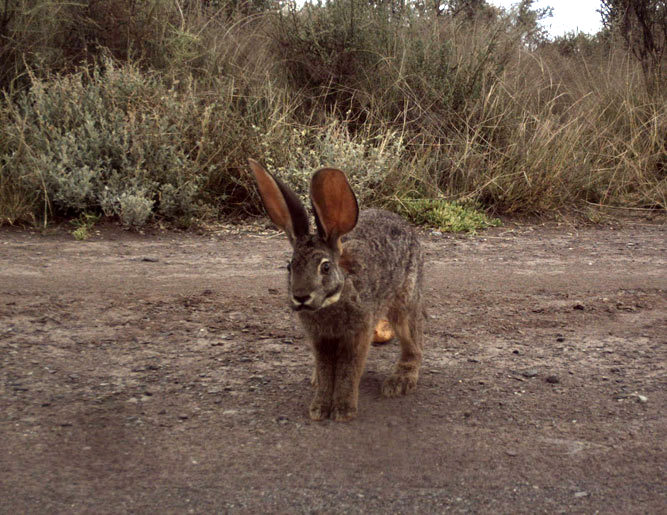
Pickersgill’s reed frog (Hyperolius pickersgilli)
Status: Endangered
Frogs are among the least loved animals on the planet. Yet these under-appreciated creatures play a vital role in nature. Other than serving as biological pest control and an important source of food for many animals, frogs are also excellent ecological indicators. This means that they provide us with valuable information about the habitat and overall health of the ecosystem – in part due to their sensitivity to environmental changes.
Pickergill’s reed frogs have very specific habitat requirements and are only found in the wetlands of a small fragmented area along the coast of KwaZulu-Natal in South Africa. Wetland degradation caused by coastal development, mining, invasive species, and agriculture has put this tiny amphibian’s survival at stake.
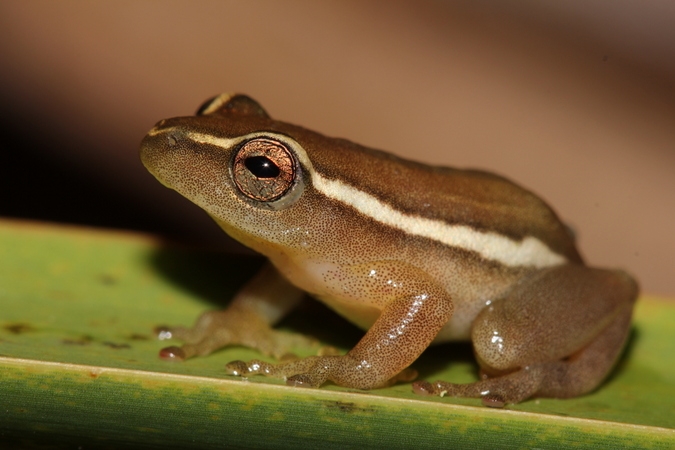
Knysna seahorse (Hippocampus capensis)
Status: Endangered
This rare sea critter is the most endangered seahorse in the world. Captive breeding programs have been underway for the last two decades but major habitat reclamation efforts are imperative or the future is bleak for wild populations.
The Knysna seahorse is only found in three estuaries in South Africa and the quality of their habitat is sharply declining due to the pressures associated with an increasing population. The Knysna estuary is heavily impacted by industrial, domestic and recreational activities. In recent times, poaching and illegal trade have also contributed to their decline.
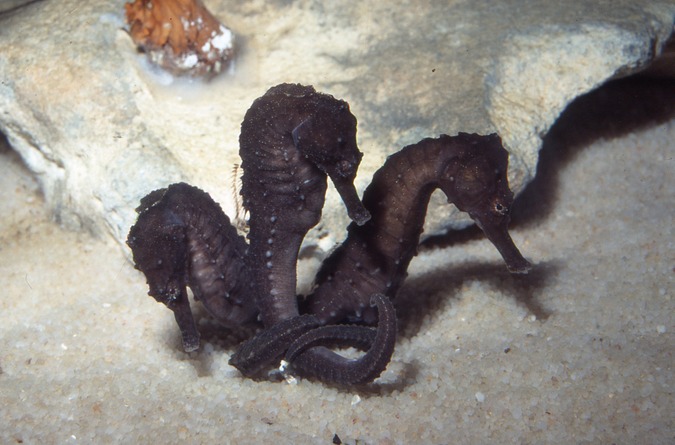
Golden moles
Status: Near Threatened to Endangered
What does it take for a species to be deemed important enough to conserve? Once protected by the National Environmental Management Act, golden moles are not regarded as an economically important species and are thus no longer protected. Of the 21 species of golden mole, no fewer than 11 are threatened with extinction.
Unfortunately for these guys, they may not last much longer without protection. Impacts from agriculture, mining, urban expansion, and infrastructure development have severely fragmented their range. They now only exist in three geographically separated populations. The isolation of populations leads to inbreeding which results in poor genes – putting the species at risk of extinction.
Awareness campaigns are desperately needed to raise the profile of this highly elusive animal before they completely disappear.
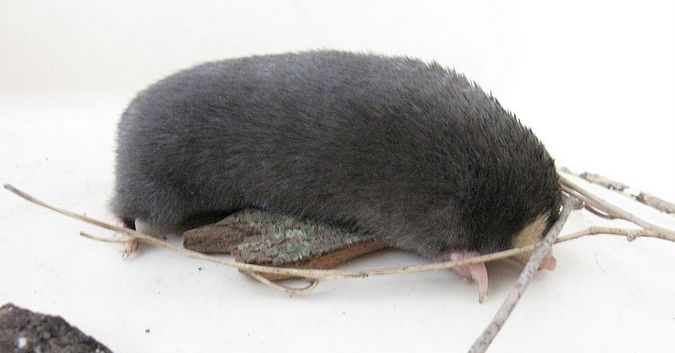
Cape Vulture (Gyps coprotheres)
Status: Endangered
This unfortunate raptor is the poster child for bad press. They are also one of the Ugly 5, and always portrayed as the bad guy in fiction works, but the hard knocks don’t end there. The Cape vulture is the victim of at least sixteen known threats jeopardising its survival. At the top of the list is the contamination of their food supply by means of certain drugs – poisonous to vultures – which are being used to treat livestock. They also inadvertently ingest pest-control poisons intended for other animals. Electrocution by collision with power lines is another critical issue and is a primary cause for the declines of several other bird species. Vultures also fall prey to illegal harvesting for traditional medicine.
An underrated beast, the vulture is crucial to ecosystem functions. Specialised for scavenging, they play a critical role in waste removal and nutrient cycling. Other scavengers depend on vultures to find carcasses. Studies reflect that vulture declines can lead to severe ecosystem imbalances.
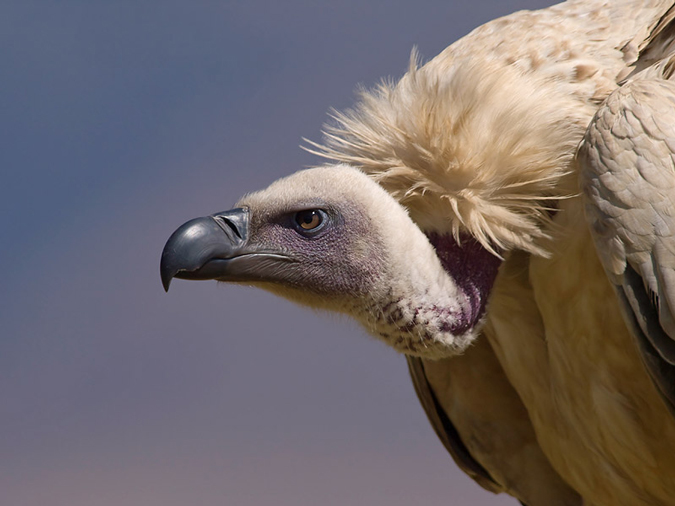
What can we do?
Over the last decade, previously underrated animals like the pangolin and African wild dog drew international attention and media hype. Raising the profiles of these species initiated increased conservation efforts across the globe. These five unsung heroes deserve the centre stage for the important ecological roles they play and the threats they face at our hands. We owe it to them give them the pedestal, raise awareness, and increase efforts to keep them off the extinction list.
To comment on this story: Login (or sign up) to our app here - it's a troll-free safe place 🙂.![]()








